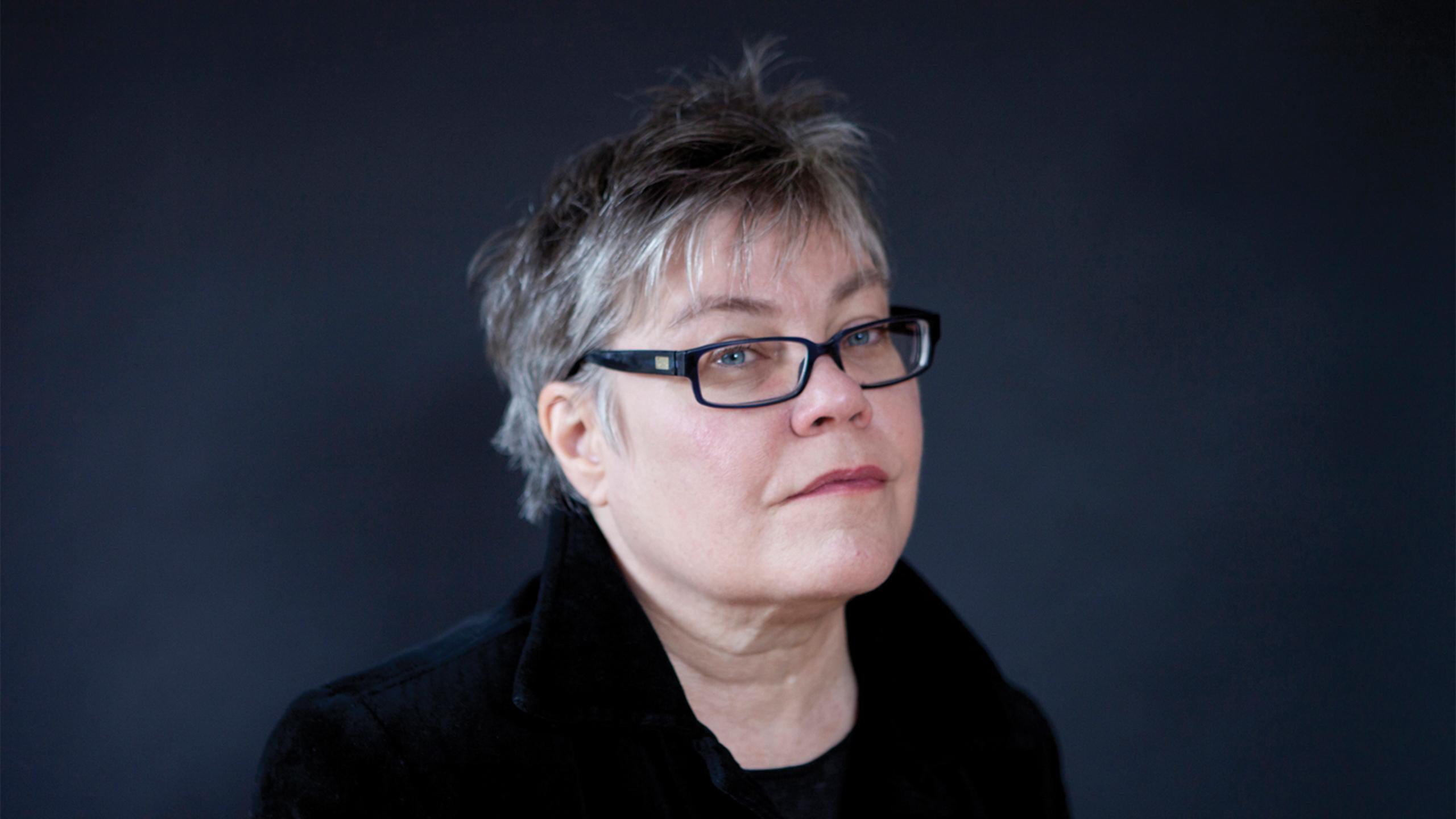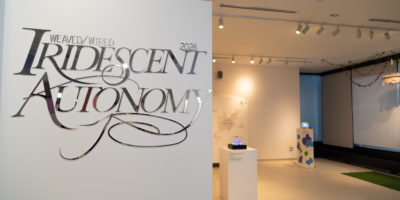By Brett Porter
Award-winning science journalist and author Alanna Mitchell is touring her critically-acclaimed Sea Sick performance — a tale of anthropogenic alterations to the global oceans across North America and Europe. A 1987 graduate from Ryerson’s School of Journalism, Mitchell has gone on to write for a variety of publications, including the Financial Post, National Geographic, The Walrus, The Globe and Mail and The New York Times; covering social trends, statistics, earth sciences and more.
The Eyeopener caught up with Mitchell to hear about her new one-woman show, as well as her thoughts on the future of ocean preservation.
In your words, what is the performance, Sea Sick?
.
[Sea Sick] is me, telling my stories. It is a nonfiction play performed by me, a non-actor.
As a Ryerson graduate, what important lessons or benefits did you receive from the school that helped you in your career as a science journalist?
.
Ryerson didn’t talk to me about science journalism in particular. That wasn’t really something I ever studied or imagined I would be involved in.
What I can say is that Ryerson was brilliant for placing me into the real world of journalism. I got right into newsrooms, letting me practice in a very direct way. So it was extremely good for that.
Your work emphasizes science democratization, and, as evidenced by Sea Sick, often leans on arts-based communicative tactics. Can you discuss some of the strengths of this approach?
.
The thing about theatre—especially live theatre—is that you have this really, really intimate experience, and I’ve been struck by that again recently because, for the first time in a while, I’m back on the stage performing it.
The energy and the feeling of intense connection that happens in a theatre, it’s amazing. That connection makes the message more poignant for the audience. When you’re in a room with someone on a stage as a part of a place—as a part of a theatrical performance with lighting, a costume and music—it matters. It just adds something. You’re experiencing it with other audience members too, which really makes the experience powerful. As a result, theatre is very intoxicating for me as a performer.
Considering how numerous they are, what do you consider to be the most pressing threat(s) to the ocean?
.
I did 13 journeys around the world over three years and what I wrestled with when I did the research for Sea Sick was this concept of a truly global ocean. It’s a system that’s intimately connected. Unfortunately, the ocean is becoming warm, breathless and sour. The temperature of the ocean is rising, dissolved oxygen concentrations are declining and the water is becoming more acidic.
Each of those issues is linked to the concentration of carbon dioxide in the atmosphere, and when you add them together, they endanger the ability of the ocean to be the life support system of the planet.
How can those of us interested in ocean preservation, but lacking advanced power or knowledge about the situation, do our part to solve these crises?
.
This is a systems problem. We’re trained to believe that it’s our individual actions that make the difference, and while they do have an impact, it’s mainly symbolic.
It doesn’t affect the big picture. What does, however, is convincing governments to act, because it’s governments who can orchestrate the changes to the systems that are producing CO2. And what convinces them to act? Public opinion. The task then is to inform ourselves as citizens and to make decisions that will encourage our governments to do what they need to do.
Back in 2020, when billions of us were shut at home for months on end, global carbon emissions fell by seven per cent. So, what that tells you is that roughly 90 per cent of emissions aren’t linked to personal actions, but instead, the systems baked into the world we’ve created. It’s those systems that need to change if we’re really going to make progress here. What that translates into is decarbonizing our electrical systems.
There are so many different ways to convince governments that we as citizens are serious about ocean preservation, but that’s what it’s going to take. These problems aren’t going to be solved by each individual making their life as carbon-free as possible, because what we need to do is focus on the big picture.
Have the responses to your one-woman show varied depending on location? How much do you think local culture contributes to individuals’ perception of your show?
.
Local culture contributes greatly to a community’s understanding of the issues. For example, when I was in Mumbai in 2015, it was very risky for festival organizers to actually show Sea Sick because it was about climate and carbon and how it affects the ocean, and there wasn’t much discussion at the time about that. There were lineups after the show with people who just needed to talk to me because it was such new information.
On the other hand, if I go somewhere like Vancouver, there’s an overwhelming connection to the ocean and knowledge about carbon issues. So when they sit through the play and understand all of the effects that carbon’s having on the ocean, it’s dramatic for them.
Have the emotions that you feel during the show changed over time? Have the performances gotten easier?
.
Throughout the performance, I’m trying to ask questions and put pieces together and invite people to think about what it means to them so that it’s truly an eye-opening experience, pun intended! There’s a chunk in the middle of the play when I stand at my blackboard and write a whole bunch of numbers down that describe the state of the planet. Since 2014 when I started performing Sea Sick, the numbers have consistently gone up.
I was reminded the other day that, just a few years ago, to have a national government talk about getting carbon, numbers down by 10 per cent or maybe even 20 per cent were really considered radical. Now, governments are routinely talking about 70 and 80 per cent reductions in their carbon emissions. That was unthinkable even two or three years ago. This is really a new paradigm that we’re dealing with. Yes, the situation has become more serious, but so too has the thinking surrounding solutions, and that’s incredibly encouraging to me.
I have never felt as hopeful about our future as I do right now.
Answers have been edited for length and clarity.
CORRECTION: A previous version of this article had misquoted Mitchell as saying “a cost to you and music” when she actually said “a costume and music.” The Eye regrets this error.













Leave a Reply